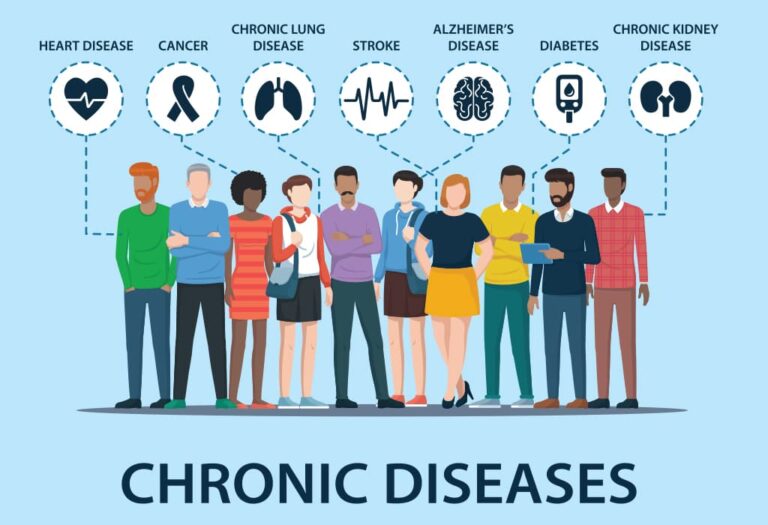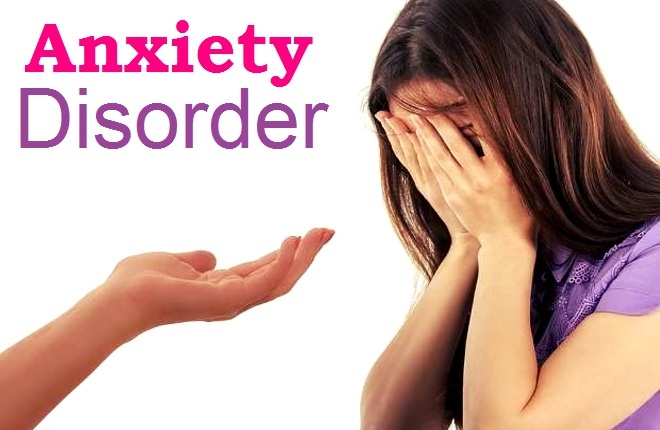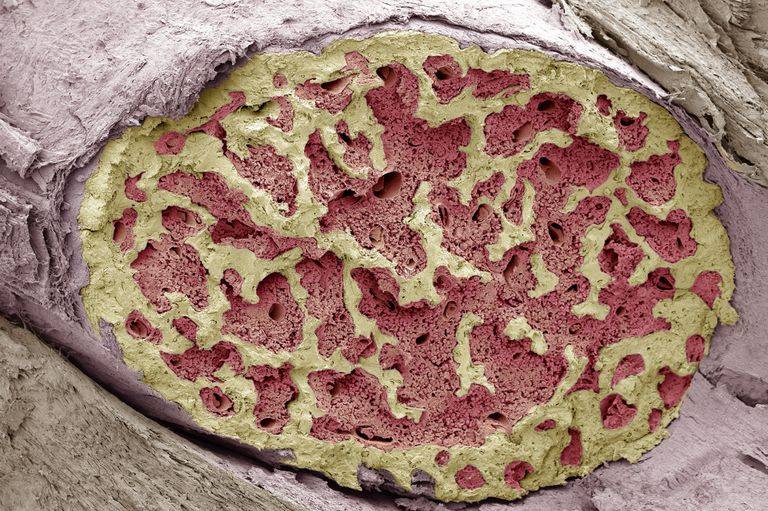Obsessive Compulsive Disorder (OCD)
Author: Giselle Robel
Giselle Robel
Category: Health
Tags: compulsive, health, ocd
Obsessive-compulsive disorder (OCD) is a mental illness that causes repeated unwanted thoughts, ideas, or sensations (obsessions) or the urge to do something over and over again (compulsions). Some people can have both obsessions and compulsions.
Obsessive Behavior
Obsessive behaviors come from obsessive thoughts, persistent urge, intrusive mental images, or an unwanted emotional pull that causes distress, anxiety, and disturbance of a person's daily routine.
Typical obsessions:
- Fear of getting contaminated by people or the environment
- Disturbing sexual thoughts or images
- Fear of blurting out obscenities, or insults
- Extreme concern with order, symmetry, or precision
- Recurrent intrusive thoughts of sounds, images, words, or numbers
- Fear of losing or discarding something important
Compulsive Behavior
Compulsive behaviors are reactions to thoughts or events that a person is unable to stop or control. A reaction to obsessive thoughts.
Compulsive behaviors often include the following:
- Counting objects over and over
- Washing and cleaning
- Enforcing a specific order of events or objects
- Following a very strict routine or forcing someone else to follow a strict routine
- Demanding reassurance constantly
Some compulsive behaviors are physical tics that are subconscious or uncontrolled. These can include:
- Repeating words or phrases
- Sniffing or clearing the throat
- Rapid blinking
- Scratching or twitching
Compulsions can also come in the form of compulsive thoughts. These include repeatedly going over tasks performed or tasks that will be performed. They can also include silently praying to avoid spiritual harm.
Causes
Although it is not clear as to what causes OCD, some known factors are:
- Genetic factors – OCD can sometimes be inherited from the parent.
- Biological/neurological factors: some research links the development of OCD to a chemical imbalance of serotonin in the brain.
- Life changes: Sometimes, major life changes such as a new job or the birth of a child thrust more responsibility on a person. This can trigger OCD.
- Behavioral factors: People who are extremely organized, neat, meticulous and those who like to be in charge from a young age, sometimes run the risk of developing OCD.
- Personal experience: A person who has experienced severe trauma is likely to be affected with OCD. For instance, contracting a severe rash by touching rat poison in the house, can lead to handwashing compulsions.
Treatment and Medication
A class of medications known as selective serotonin reuptake inhibitors (SSRIs), typically used to treat depression, can also be effective in the treatment of OCD. The SSRI dosage used to treat OCD is commonly higher than that used to treat depression. Patients who do not respond to one SSRI medication sometimes respond to another. Other psychiatric medications can also be effective. Noticeable benefit usually takes six to twelve weeks.
Patients with mild to moderate OCD symptoms are typically treated with either CBT or medication. Depending on patient preference, the patient's cognitive ability level of insight. It is recommended that patients with severe OCD symptoms receive both CBT and medication.













